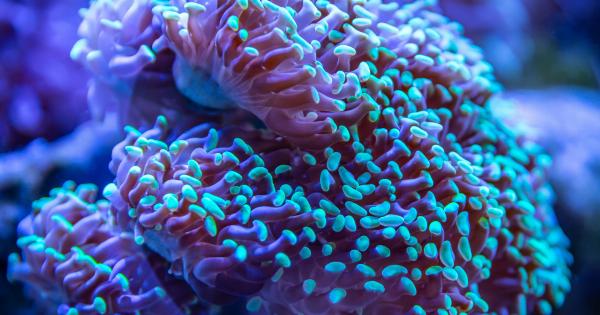Water is an essential component of our lives and plays a crucial role in maintaining a healthy body mass index (BMI). Staying properly hydrated is essential for overall health, including weight management.
In this article, we will explore the importance of water in maintaining a healthy BMI and discuss how much water you should drink daily to promote weight management.
Understanding BMI
BMI, or Body Mass Index, is a measurement that helps assess whether an individual has a healthy weight for their height.
It calculates body fat based on weight and height and provides a numerical value that determines whether a person is underweight, normal weight, overweight, or obese.
The Relationship Between Water and BMI
Proper hydration has a significant impact on our body’s ability to maintain a healthy weight. Water aids in digestion, metabolism, and the transportation of nutrients throughout the body.
When our bodies are dehydrated, we may experience a slower metabolism and reduced energy levels, making weight management more challenging.
The Benefits of Drinking Sufficient Water
Drinking enough water has numerous benefits for our health, including maintaining a healthy BMI. Some of the key benefits are:.
1. Boosts Metabolism
Drinking an adequate amount of water can help increase your metabolic rate, enabling your body to burn calories more effectively. This is especially important for those looking to lose weight or maintain a healthy BMI.
2. Suppresses Appetite
Many people often confuse hunger and thirst. Drinking water can help curb your appetite and prevent unnecessary snacking or overeating. Staying hydrated keeps you feeling fuller for longer periods, reducing the chances of excessive calorie intake.
3. Enhances Exercise Performance
Drinking water before, during, and after exercise is essential for maintaining a healthy BMI. It helps regulate body temperature, lubricates joints, and supports muscle function, allowing you to perform at your best during physical activity.
4. Promotes Detoxification
Water is a vital component in the body’s natural detoxification process. It helps flush out toxins and waste products, promoting healthy organ function.
When our bodies are properly hydrated, our liver and kidneys can efficiently remove toxins, leading to better overall health and weight management.
How Much Water Should You Drink?
The amount of water each person needs varies based on factors such as age, gender, weight, activity level, and overall health. However, there is a general guideline recommended by health experts.
It is commonly referred to as the 8×8 rule, which means consuming eight 8-ounce glasses of water every day.
Factors Influencing Water Requirements
Although the 8×8 rule provides a baseline, it’s essential to consider individual variations. Some additional factors that can influence your daily water intake include:.
1. Body Weight
Generally, individuals with higher body weights require more water to stay adequately hydrated. As body weight increases, so does the need for water intake.
2. Physical Activity Level
Engaging in physical activities, especially those that cause sweating, increases the body’s water loss. It is crucial to replace these lost fluids by consuming additional water to maintain hydration levels.
3. Climate and Environment
Hot and humid climates can lead to more sweat production, accelerating fluid loss and the body’s need for water. Additionally, living in high altitudes can also increase water requirements.
4. Illness or Medical Conditions
Certain illnesses or medical conditions, such as fever, vomiting, or diarrhea, can lead to increased water loss and dehydration. In such cases, it is essential to replenish fluids more frequently.
Tips for Staying Hydrated
To ensure you consume enough water to maintain a healthy BMI, consider the following tips:.
1. Carry a Water Bottle
Having a reusable water bottle with you throughout the day serves as a reminder to drink water regularly. It’s easier to track your intake and meet your daily goals.
2. Set Reminders
Utilize smartphone apps or set reminders to prompt yourself to drink water at regular intervals. This can be particularly helpful if you have a busy schedule and tend to forget to stay hydrated.
3. Opt for Water-Rich Foods
Include fruits and vegetables with high water content, such as watermelon, cucumbers, and oranges, in your diet. These foods not only provide essential nutrients but also contribute to your overall hydration.
4. Drink Water Before Meals
Drinking a glass of water before meals can help you feel full faster, promoting portion control and potentially aiding in weight management.
Conclusion
Water is a vital component in maintaining a healthy BMI. It plays a crucial role in various bodily functions, including metabolism, appetite regulation, exercise performance, and detoxification.
While the 8×8 rule is a good starting point, it’s important to consider individual factors that may influence your specific water requirements. By staying properly hydrated, you can support your overall health, aid in weight management, and promote a healthier lifestyle.






























